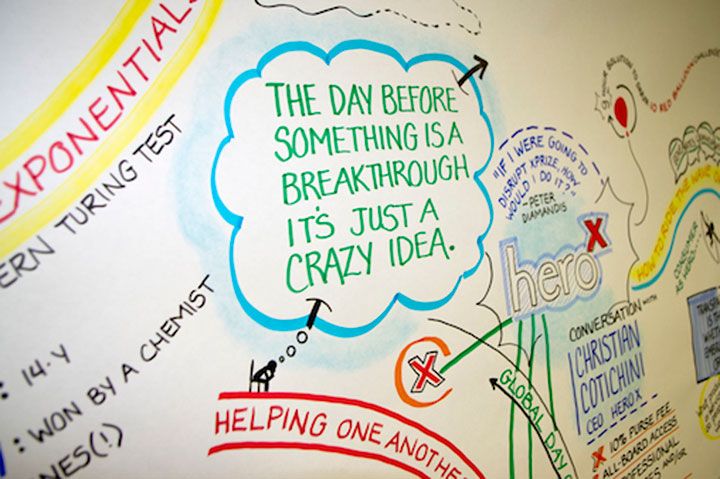
In a recent meeting, the question came up, “Is a challenge designer born or made?” A reasonable question for a company that’s built around people creating their own challenges. Since I’m a Challenge Design Expert, I had to ask, “What do you think about me? Nature or nurture?” Before I tell you what they said, let me tell a little about me and why I love creating challenges.
Many moons ago, when I was graduating high school and applying to college, I had to answer the question, “What do you want to major in?” There were four slots for answers, so I gave four answers (if there had been more room, I’m sure I could have listed more choices). I gave my relevant answers for that moment: math, science, music, or art. I went on to study geology, applied math, exploration geophysics, seismology, glass blowing, printmaking, encaustic painting, and public policy. And, I have had jobs in most of those fields. And many detours. I have created online help systems for software, run a neighborhood chamber of commerce, sailed from Boston to the West Indies, traveled around the world for a year, won multiple powerlifting world championships, and now I work at HeroX.
Recently I went back to school for an MPA at the University of Washington’s Evans School of Public Affairs; I went in to the program assuming I would end up helping Washington tribes become energy independent. But while I was there, I signed up for the Prize Philanthropy class and I found this world of prizes and challenges. Over the course of two quarters, I learned the history of prizes, how to create a prize, and all about urban water issues (because that was the focus of the class). It took a quarter for us to settle down, but eventually I teamed up with Jesse Burns, and we designed a prize called the H2Energy XPRIZE, a $17M competition to create aviation grade biofuel using limited clean water, land, and energy.
I was hooked (Jesse was too). Aside from realizing the amazing power of incentive competitions, I discovered I love creating challenges. Here’s why:
At HeroX, I also spend a lot of time trying to figure out the best way to help others create their own challenges, what they need to understand, and what will make the process as straightforward as possible. It’s exciting to see new challenges and new challenge ideas appearing on the site everyday. And I’m excited for all the possibilities that will result from HeroX competition. Look for upcoming blog posts and webinars on suggestions and how-to’s for challenge creation.
So, if you have an idea for a challenge and want help figuring out how to take it to the next step, or have any suggestions in the realm of challenge creation, please reach out; I’d love to help.
The answer to the question, whether challenge design was the result of nature or nurture for me, is that no one could agree!
Creating a challenge works better in a team; you can get trapped in your own thoughts without others to doing some brainstorming and problem solving.
I love living in the world of “meta” and challenge design is very meta (see above). In fact, the prize that Jesse and I designed, won the XPRIZE Meta Prize for the best student prize design.
Creating a challenge is sort of like solving a puzzle, but the puzzle I’m solving is to create a puzzle for someone else to solve.
There is always another challenge down the road.
I become immersed in a different topic for each challenge I work on. I’ve already learned about gun safety, San Antonio, entrepreneurial ecosystems, virtual reality and music, and educational support systems.
I have to figure out the problem, I don’t have to solve it.








